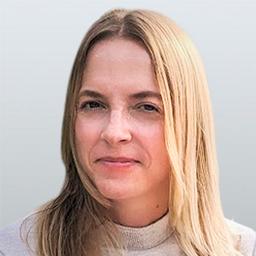The sun’s rays are shining light on an industry that has long been in existence but has recently gained new momentum amid the national push for more renewable energy.
Between October 2021 and November 2021, PeopleReady’s skilled trades division reported a 32 percent increase in solar jobs postings, totaling 305,000, compared to pre-pandemic job figures from the same period in 2019.





